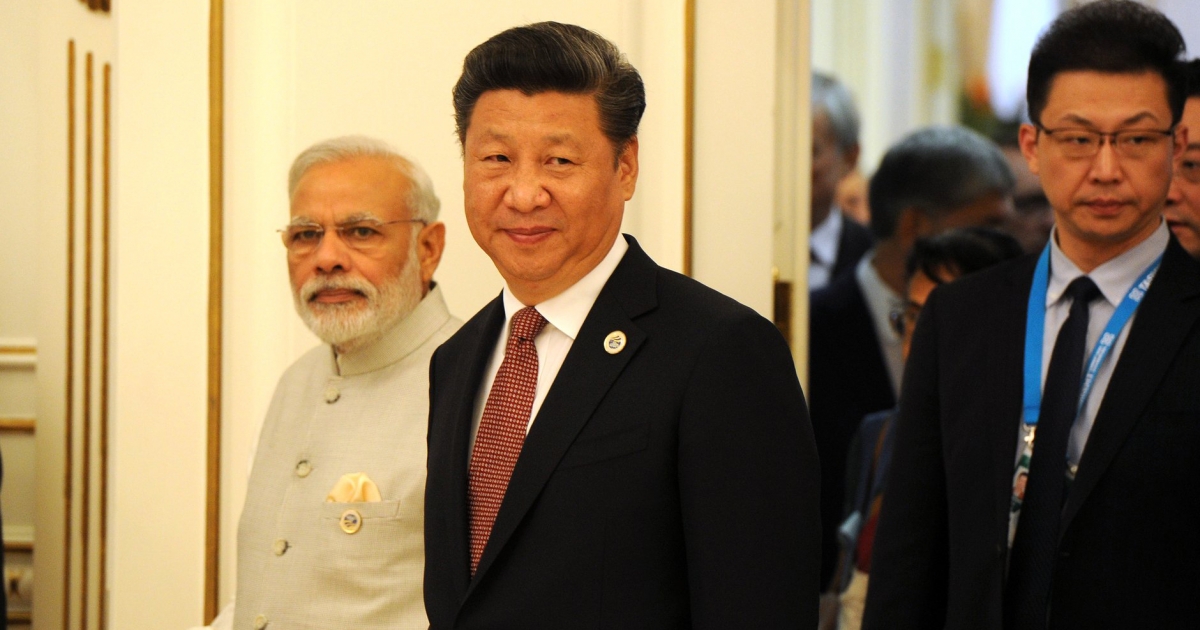China has the world’s largest spy network, but its approach to intelligence has one crucial difference from that of other states. It has separate intelligence units that belong either to the party, the state or the military – and the core task of all is to maintain Chinese Communist Party (CCP) rule. This diverges from intelligence agencies in liberal democracies, whose purpose is not to support one political party or leader but to focus on national security. The CCP’s broad-ranging approach to covert activities, which makes extensive use of assets, disinformation and proxies, makes its foreign spying and political interference challenging to combat with traditional counterintelligence measures. Add in decades of post–Cold War complacency, arrogance about the superiority of liberal democracies over communist systems, and cutbacks in the public sector, and the Western targets of CCP espionage are revealed as unaware and underprepared.
After September 11, many Western intelligence agencies focused almost exclusively on counterterrorism. NATO states also continued to focus on the threat from Russia. But most foreign nations, institutions and businesses have only recently begun to address concerns about China’s covert intelligence-gathering and surveillance activities.








